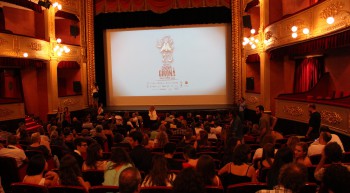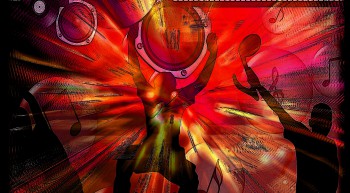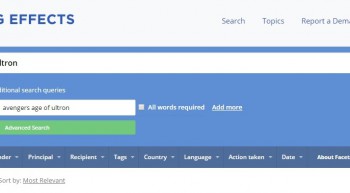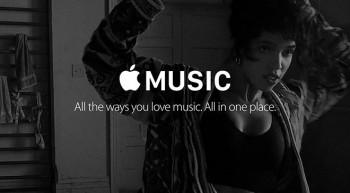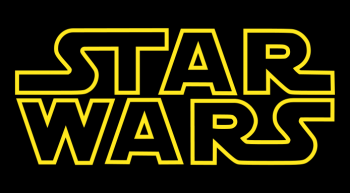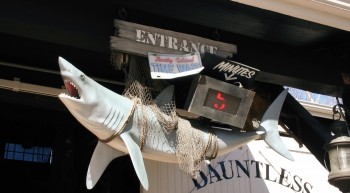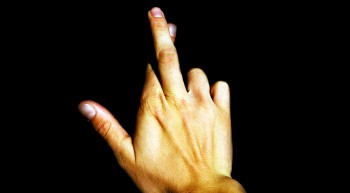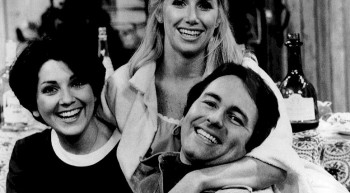Following on the heels of the Ninth Circuit Court of Appeals’ decision in Garcia v. Google, the Second Circuit Court of Appeals has issued a major ruling clarifying one of the great mysteries of copyright law, namely: who amongst all the people that contribute, is the “author” of a motion picture? The Second Circuit’s opinion is particularly important because it governs the State of New York, home to many of the largest entertainment companies. Nova Southeastern University's Copyright Officer, Stephen Carlisle, J.D., takes a look at the component parts of this important decision.
